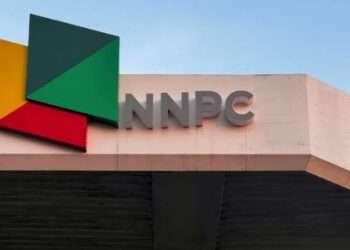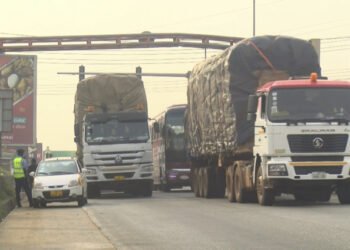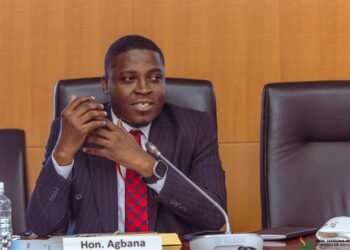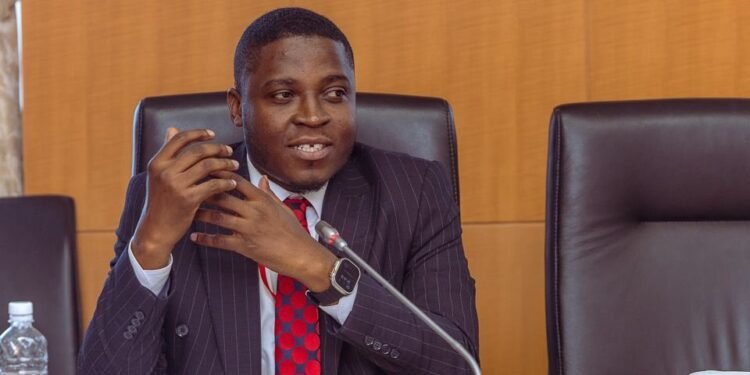Paul Kagame, Rwanda’s long-standing president, has once again achieved a landslide victory, securing 99% of the vote in provisional results from Monday’s presidential election, as announced by the country’s electoral authorities.
This outcome, though unsurprising, reinforces Kagame’s nearly three-decade rule over the East African nation.
Kagame’s rivals, Frank Habineza of the Democratic Green Party of Rwanda and independent candidate Philippe Mpayimana, collectively garnered less than 1% of the vote in provisional results, which accounted for 79% of all ballots cast.
This result closely mirrors the 2017 election, where Kagame also captured nearly 99% of the vote.
Final results are anticipated by July 27, although they could be released sooner.
At 66 years old, Kagame has held power since the end of Rwanda’s genocide in 1994, initially as vice president and de facto leader before becoming president in 2000.
His unchallenged run this year followed the exclusion of two prominent critics from the ballot.
Long queues were observed at some polling stations in the capital, Kigali, as Rwandans turned out to vote. The country’s election authorities reported that 9.5 million Rwandans were registered to vote out of a population of 14 million.
“This is going to be my first time to vote. I am voting for President Kagame because I have never seen a leader like him before,” said Jean Claude Nkurunziza, a passenger motorcyclist.
Kagame’s tenure has been a subject of intense debate. While he has been commended for ushering in significant economic growth and stability since the genocide, he has also faced severe criticism for his authoritarian style.
Kagame is among African leaders who have managed to extend their tenure by amending term limits; a 2015 referendum allowed him to potentially remain in power until 2034.
Addressing journalists on Saturday, Kagame emphasized that his extended rule is a response to public demand. “The ruling party and Rwandans have been asking me to stand for another mandate,” he stated. “At a personal level, I can comfortably go home and rest.”
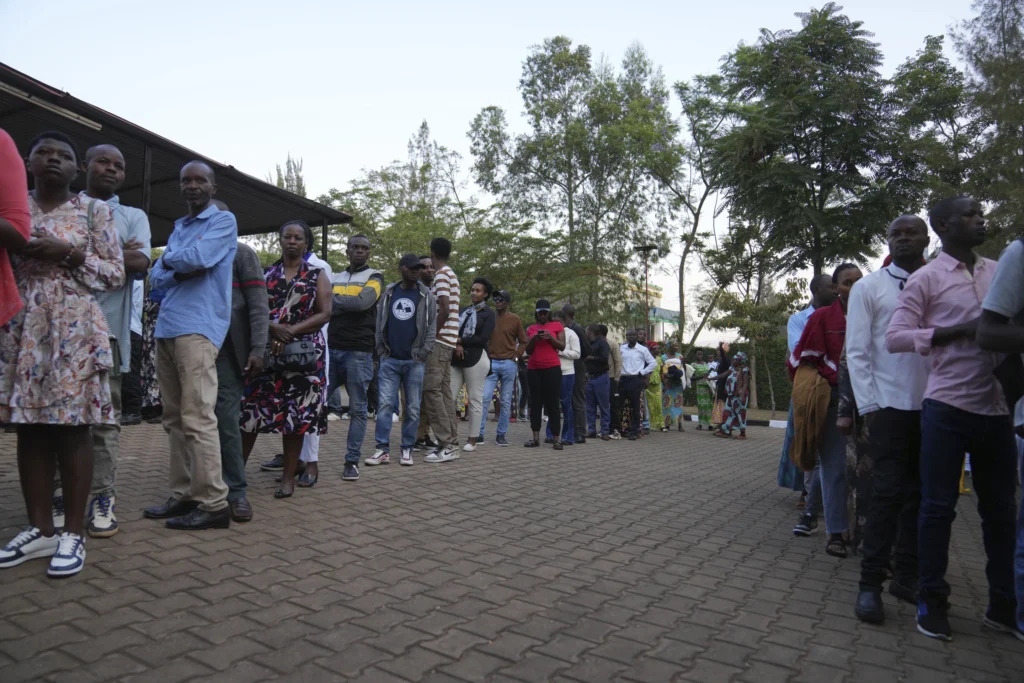
The election was conducted amid rising security concerns in Africa’s Great Lakes region, particularly with the ongoing conflict involving the M23 rebel group in eastern Congo.
United Nations experts recently reported that between 3,000 and 4,000 Rwandan forces are supporting M23, an accusation echoed by the U.S. government, which described the group as being backed by Rwanda.
Rwanda, in turn, accuses Congo’s military of recruiting fighters responsible for the genocide.
Human Rights Concerns
Human rights organizations have frequently criticized Kagame’s government for its repressive tactics.
Amnesty International recently highlighted concerns over “threats, arbitrary detention, prosecution on trumped-up charges, killings, and enforced disappearances” targeting the political opposition.
The organization warned that such actions “have a chilling effect and limit the space for debate for people of Rwanda.”
Despite his many critics, Kagame enjoys great support at home, having overseen economic growth rates of an average of 7.2 percent between 2012 and 2022 and the development of infrastructure including hospitals and roads.
“He has made great achievements, he has helped our children to go to school, increased the numbers of teachers, he also gave us health insurance,” said Venantia Nyirangendo.
Barimukije Pheneas also said, “I voted for Paul Kagame because he has achieved a lot for us; he united us.”
As Rwanda moves forward under Kagame’s continued leadership, the international community remains divided, with some applauding the nation’s progress and others condemning the president’s authoritarian methods.
READ ALSO: EC Debunks False Allegations Circulating on Social Media



